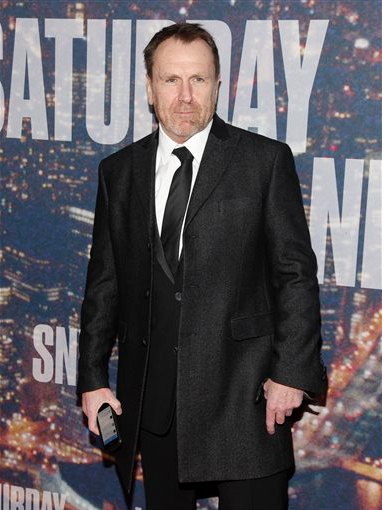Brooklyn native Colin Quinn bemoans death of New York personality in show

Comedian Colin Quinn has some sad news about his hometown: New York is dead.
The Brooklyn-born Irish-American comedian returns to the stage this month eulogizing the loss of loudmouth, opinionated New Yorkers in his one-man show “The New York Story” at The Cherry Lane Theatre.
Quinn’s show, directed by Jerry Seinfeld, mourns what he considers a homogenized, cautious city. He’s a guy who likes the needy bluntness of former Mayor Ed Koch, pizza slices and listening to cab drivers swear.

Brooklyn Boro
View MoreNew York City’s most populous borough, Brooklyn, is home to nearly 2.6 million residents. If Brooklyn were an independent city it would be the fourth largest city in the United States. While Brooklyn has become the epitome of ‘cool and hip’ in recent years, for those that were born here, raised families here and improved communities over the years, Brooklyn has never been ‘uncool’.